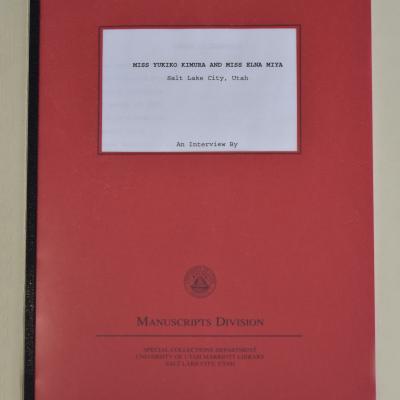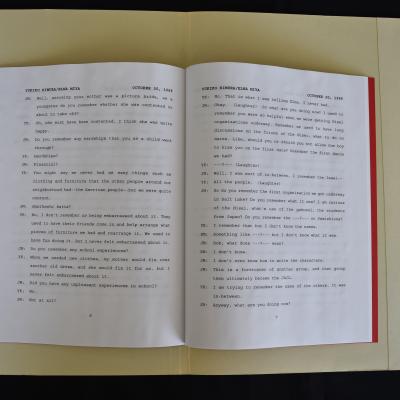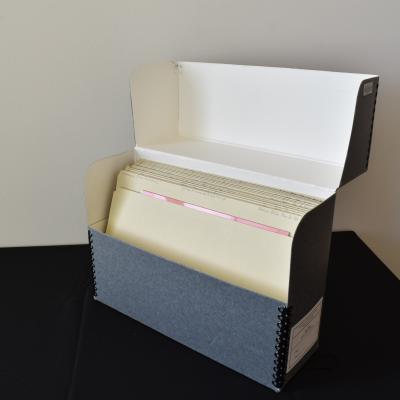What are Oral Histories
At its core, an oral history is an interview that sheds light upon the past of the interviewee. For over half a century following the advent of the tape recorder, oral histories have been gaining in popularity as one of the preferred methods of conducting interviews. The growth of the internet and social media have both had an effect on oral histories as more and more people become connected to an ever increasing library of recorded content. Whereas the individual of 30 years ago would have to secure a physical film roll in order to listen to an interview, today's aspiring historian can often find what they are looking for online. This revolution in technology has allowed oral histories to take on a new life of their own as personal histories become accessible whenever and wherever.
So what makes up an oral history? Evidently it requires at least two people, an interviewer and an interviewee, and a means of recording their conversation. Initially done with pen and paper, the process has changed as technology continually advances. The tape recorder as it is known today has existed for well over 50 years, and this was often the tool of many interviewers for several decades. In recent years, microphones and recording technology have completely eclipsed the now ancient tape recorder, and recorded content can be digitized almost immediately after it is collected.
One thing that has not changed drastically over the past few decades, however, is the process of performing such an interview. While it would be quite easy if the interviewer could stroll up to the interviewee, set down a microphone, hit record, and sit back while the individual told their life story unprompted, it is by no means that simple. It’s important for the oral historian to be professional in their approach, building up a relationship with their subject so that they feel more comfortable talking about life experiences to someone who is a stranger. Steps like these are crucial to ensuring the success of an interview, and tips for performing such steps can be found at the Oral History Association’s website: http://www.oralhistory.org/about/principles-and-practices/



